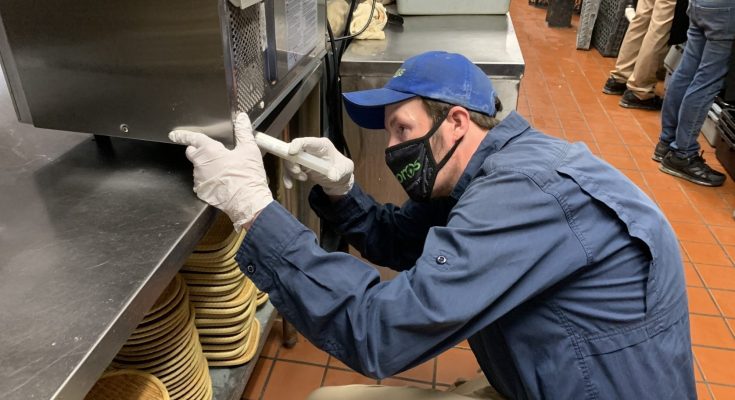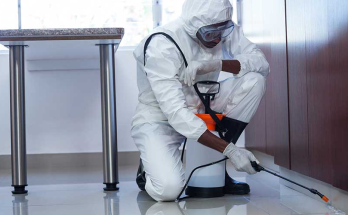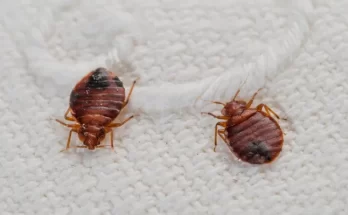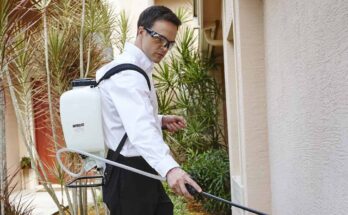Operating a restaurant or cafe in Gaithersburg, Maryland involves more than simply serving good food and providing quality service. There are a lot of aspects to maintaining a food service establishment, but one of the most critical elements is pest control. Not to mention, pests such as rodents, cockroaches, flies, and ants not only present a health risk, but they can also damage your business’s reputation, cause you to have failed inspections for obvious signs of pest infestation, and fined. In a competitive, tightly regulated food service industry, a proactive pest management program is essential to protect your facility and your reputation by ensuring safety, cleanliness, and customer satisfaction. Try this website to find out more related to pest control.
Learn About Gaithersburg’s Common Pests
The starting point to successful pest control in a Gaithersburg restaurant is understanding the types of pests that typically impact facilities. Rats are a widespread problem as they multiply rapidly and their invasion to kitchens and food storages is quick regarding their need for warmth and food. They thrive in damp, dark places and are found hiding behind appliances, under sinks and inside wall cracks. Houseflies and fruit flies are attracted to food waste and sugary liquids (which is why they’re more common in summertime). Even the tidiest kitchen can become a feeding ground for ants, who can find their way into your house through cracks and holes, in search of crumbs and spilled sweets. Weevils and pantry moths are a couple of examples of stored product pests that will infest dry goods like flour, grains and cereals.
Keep It Clean
Neatness is your best weapon against pests. Ensure that your restaurant or café is cleaned from floor to ceiling, everywhere from the dining room and kitchen, to storage. Mess and crumbs should be swept or vacuumed up straight away. Floors need to be swept and mopped every day, and grease traps have to be cleaned frequently. Appliances should be emptied, pulled away from the walls and cleaned behind and underneath. All food must be placed in airtight containers and stored off the floor. If food waste isn’t a necessity, then how often should the trash be lugged out, and what precautions should be taken
Practice Correct Waste Disposal
Poor waste management is one of the common factors in pest infestations. Empty indoor trash cans often, and place the trash in sealed plastic bags before putting it out in exterior dumpsters. Dumpsters should be kept closed and placed at a distance from entrances. Regularly cleaning the area around the dumpster helps minimize odor and discourages rodents and bugs. If you have a high volume of waste at your restaurant, arrange for additional trash pickup during peak times to ensure you do not have overflow.
Seal All Entry Points
Pests can enter through the tiniest of cracks and holes. Periodically check your restaurant or café for structural gaps. Caulk or otherwise seal cracks in walls, window, and floors. Door sweeps and broken window or door screens should be replaced. Spaces around pipes and holes for additional entries and vents should be covered or sealed to prevent entry. A well-sealed space not only keeps pests out but also makes your building more energy efficient.
Educate Employees to Be on the Lookout for Early Infestations
Your employees are the first line of defense in early detection of pest issues. Educate employees to recognize indicators, such as rodent droppings, gnaw marks, cockroach egg cases or abnormal odours. Promote an environment in which employees are able to report an indication of pests without fear of reprisal at once, allowing prompt measures to be taken. The sooner a pest problem is identified the less complicated, and the less expensive it is to eliminate.
Get the Help You Need from a Pest Control Professional
Frequent upkeep should be done, but professional extermination is also required. By teaming up with a commercial pest control service that has experience with food service, you can help to get ahead of any possible issues. Their experts will then be able to carry out regular assessments, targeted applications, and provide Integrated Pest Management (IPM) programs that reduce the amount of chemical used and promote prevention. Professional records on pest management are also useful during health inspections.
Managing pests in restaurants and café isn’t just about rearranging the furniture, it’s about a well-executed proactive plan. In Gaithersburg, where seasonal weather fluctuations influence pest presence and activity, routine cleaning, garbage control, facility maintenance, staff training, and professional assistance are equally important for being pest free. With these preventive measures in place, the owners of restaurants and cafes can safeguard their reputations, the safety of customers and the success of their compliant businesses.




